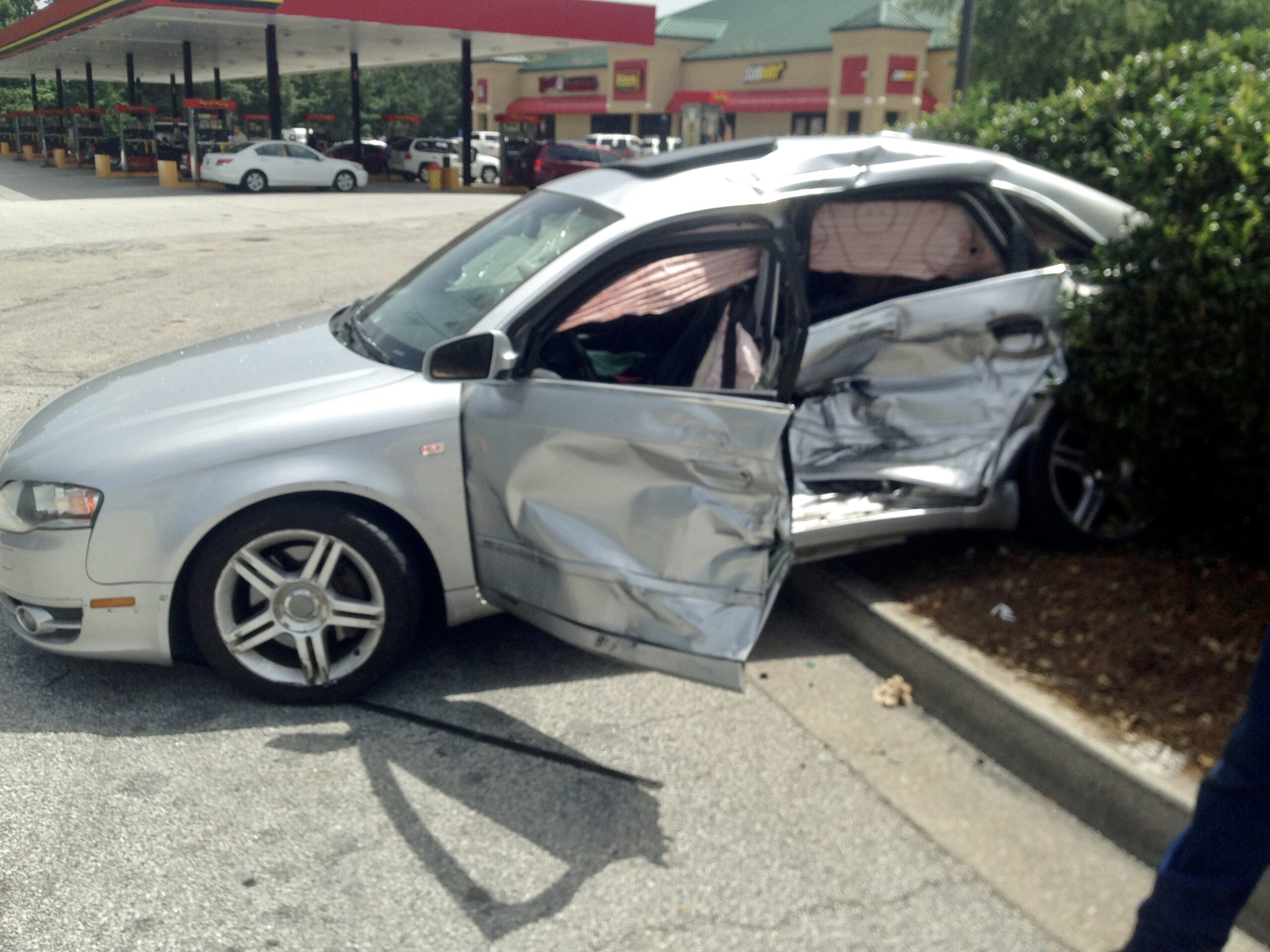
Table of Contents
In the event you are injured in a car accident in Georgia due to the negligence of someone else, the law allows you to recover damages from the individual who caused the harm. These may include compensatory damages, consequential/special damages, and punitive damages. Compensation, or "compensatory damages," is a type of monetary award that is intended to compensate the injured party for their actual losses and expenses resulting from a wrongful act or negligence of another party. The primary purpose of compensatory damages is to make the injured party "whole" again, as much as possible, by providing financial reimbursement for the harm they have suffered. Consequential damages, also known as "special damages," are a type of legal remedy available in certain cases. These damages are different from compensatory damages, which are the immediate and foreseeable losses resulting directly from another individual's negligence or wrongful act. Consequential damages refer to the additional losses or harm that occur as a consequence or result of another person's negligence. They are not the direct result of the negligence itself but are rather the secondary or indirect damages that flow from the negligence. These damages are generally not evident or foreseeable at the time the negligence is committed. Also referred to as "non-economic damages," general damages are intended for losses that don't have a precise monetary value. These types of damages are subjective and can range from a relatively paltry amount all the way up to hundreds of millions of dollars. These damages are more subjective and are meant to compensate the plaintiff for the non-financial harm they have endured due to the defendant's actions. General damages may include: In Georgia, to be eligible for punitive damages, the plaintiff must show by "clear and convincing evidence the defendant's actions demonstrated willful misconduct, malice, fraud, oppression, wantonness, or conscious indifference to the consequences. The standard of "clear and convincing evidence" is higher than the typical "preponderance of the evidence" standard used for most other civil matters. Punitive damages are a type of monetary award that goes beyond compensating the plaintiff for their actual losses. Unlike compensatory damages, which aim to make the injured party whole again by reimbursing them for specific economic and non-economic losses, punitive damages are designed to punish the defendant for their egregious conduct and to deter others from engaging in similar wrongful behavior in the future. Recently, Georgia enacted a law that imposes a cap on punitive damages. The total amount of punitive damages awarded cannot exceed $250,000 unless certain exceptions apply. Exceptions include cases where the defendant acted with specific intent to cause harm, was under the influence of drugs or alcohol, or engaged in conduct constituting a felony for which the defendant was convicted. Additionally, Georgia law grants immunity from punitive damages to certain entities and individuals, such as volunteer organizations, healthcare providers who treat indigent patients, and manufacturers or distributors of certain products. Being involved in a car accident in Georgia can be a traumatic experience. Individuals involved may suffer serious injuries that require significant medical treatment and, in some cases, long-term care. In 2020, motor vehicle crashes were the second leading cause of injury deaths and the second leading cause of hospitalizations and ER visits in Georgia. This can lead to undue medical expenses, lost earnings, and other significant damages for which the responsible driver may be held liable. In order to understand your rights and determine how best to proceed, give the professionals at SWS Accident & Injury Lawyers a call today for a free consultation (770) 214-2500. What is considered "compensation" for a Georgia car accident?
There are two main categories of compensatory damages:
What are considered consequential/special damages in Georgia?
Examples of consequential damages may include:
What are considered general damages in Georgia?
What is considered punitive damages in Georgia?
The key features of punitive damages are as follows:
Schedule Your
Free Consultation